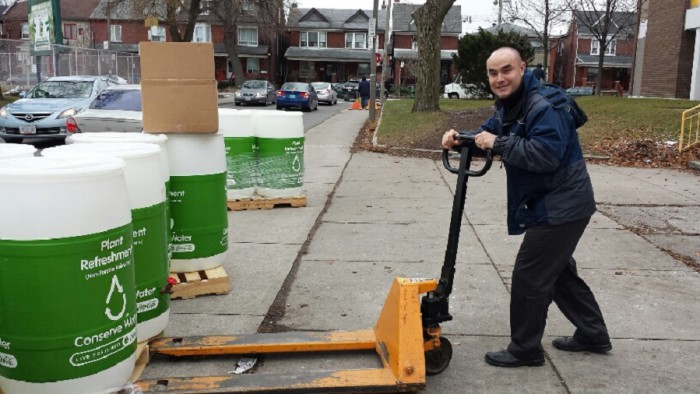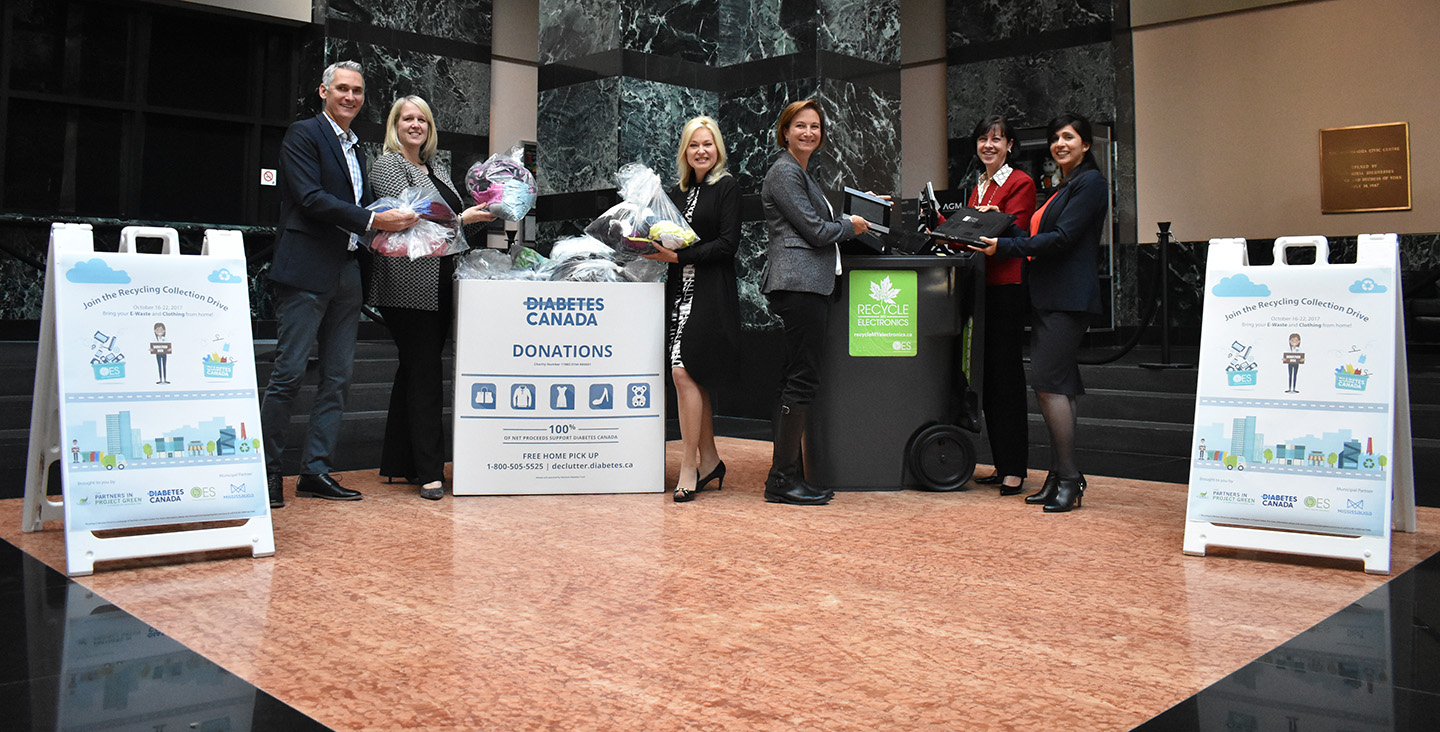Waste Reduction Week 2023
In recognition of Circular Economy Month this October, Partners in Project Green would like to take a moment to highlight what the Circular Innovation Council calls, Waste Reduction Week. Every third week of October, organizations from across Canada celebrate Circular Economy Month to educate and empower Canadians to support a circular economy.
What is the Circular Economy?
Today’s throwaway economy works in a linear way. Materials are taken from the earth, manufactured into products, sold on the market, and are thrown away. When new technology is released or when old ones break down, we buy new products. What is left is a growing supply of waste that ends up in landfill or the natural environment, affecting communities, public health, and natural systems.
In contrast, a circular economy seeks to stop waste from being produced in the first place by keeping products in use, lengthening a product’s lifespan by reusing, repairing, refurbishing, remanufacturing, repurposing, or recycling. Sound familiar? Yes, the circular economy seeks to utilize the basic 3R’s (reduce, reuse, recycle) we were taught as children but in a holistic way.
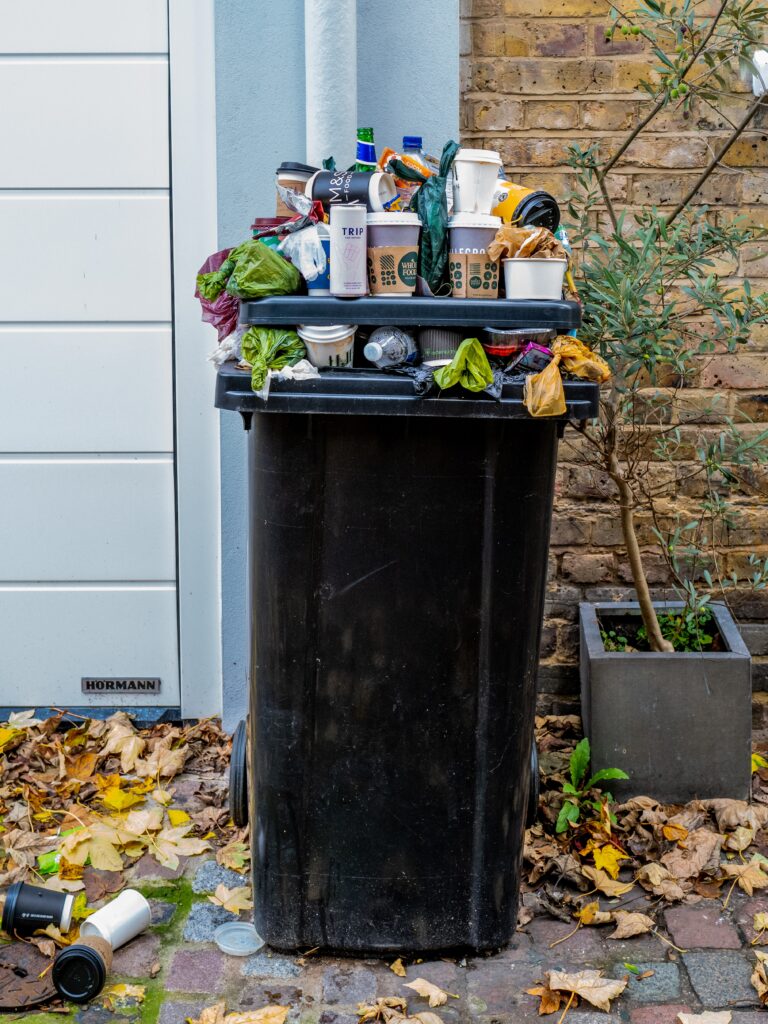
Waste Reduction Week
Each day of Waste Reduction week is centred on a different theme of the circular economy and provides an opportunity for organizations and individuals to support key areas of circularity or learn about new issues.
Circular Economy Monday: Learn about new and innovative circular economy concepts and technologies. There are many organizations working in this field to advance technologies and resources to reduce waste.
Textiles Tuesday: Take a moment to reflect on the environmental consequences of textile production and consumption and begin to think about how you can extend the life of your clothing.
E-Waste Wednesday: Rapid advancements in electronics have led to significant accumulation of electronic waste in landfills. Consider the design, reparability, and recyclability of these products when buying something new.
Plastic Thursday: Most of us are familiar with the blue bin program and recycling in general. But we cannot recycle our way out of plastic pollution. What are some ways you can reduce plastic use in your operations or daily life?
Food Waste Friday: Food production and services leave a significant carbon footprint, about 1.3 billion tonnes of CO2 globally. Are there ways you can reduce food waste in your life? Perhaps by consuming less or finding innovative uses for your leftovers?
Sharing Economy Saturday: Are there opportunities to share resources with the community or partner with other organizations (ride share, clothing rentals, libraries, etc.)?
Swap and Repair Sunday: Swap events or repair cafes are becoming increasingly popular, which shows how simple it can be to extend the life of everyday products while engaging the local community.
What is Partners in Project Green doing to Reduce Waste?
Recycling Collection Drive
Every October during Circular Economy Month in October, Partners in Project Green hosts a Recycling Collection Drive (RCD) in partnership with Diabetes Canada and Electronic Recycling Association. Organizations across the GTA can participate with the goal of engaging employees on textile and electronic waste while diverting waste from landfill. This year’s RCD is currently underway!
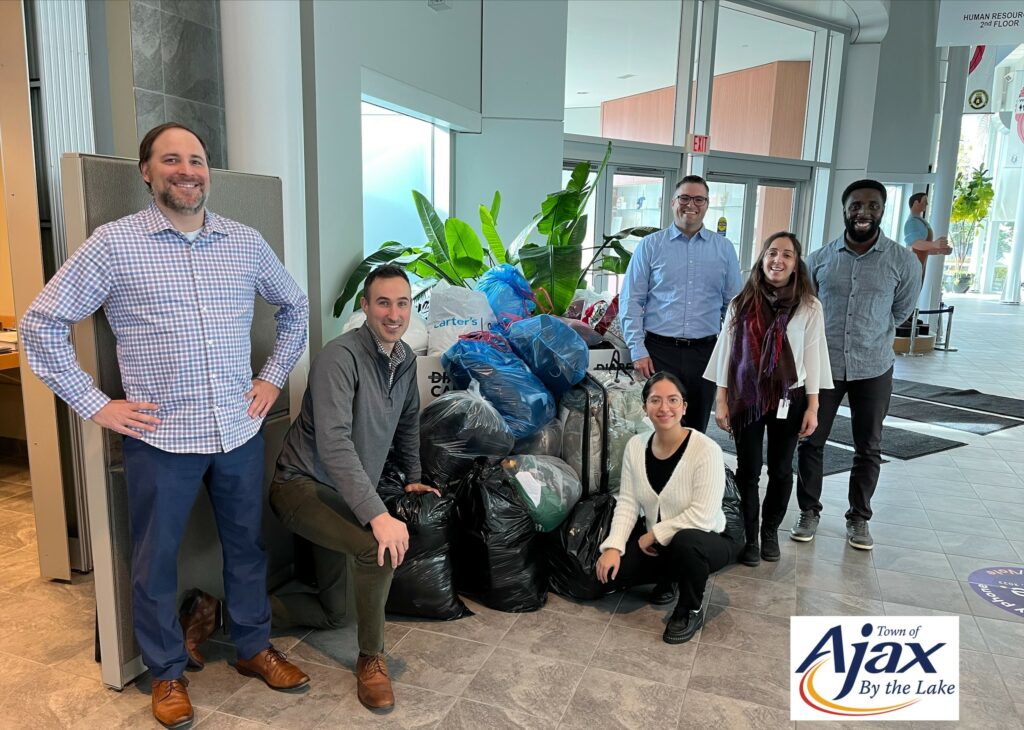
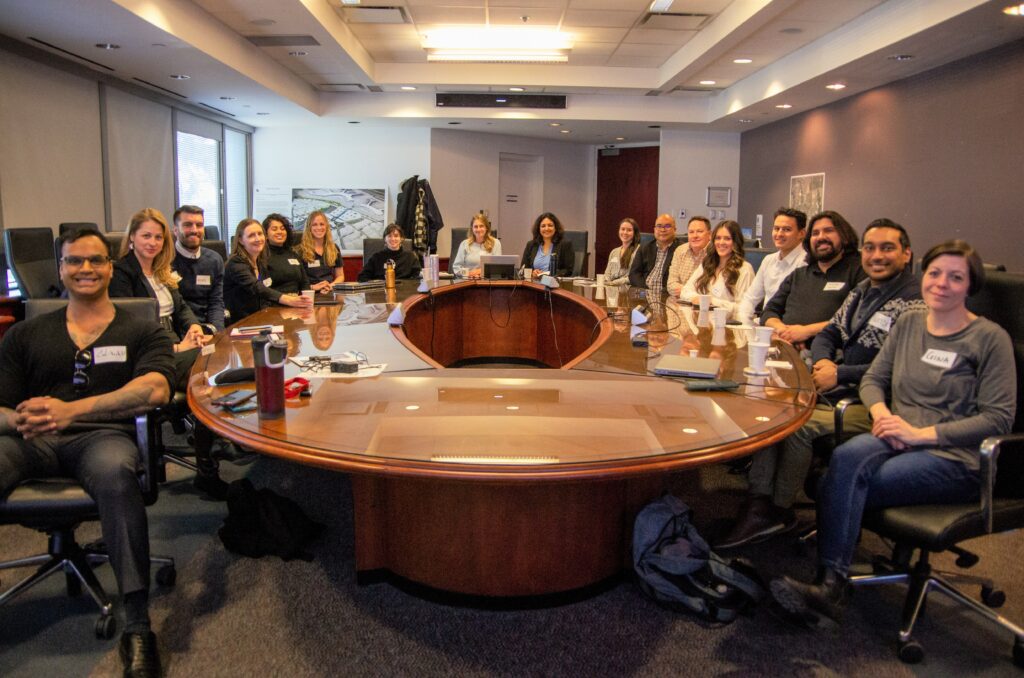
Circular Economy Leaders Consortium
The concept of the circular economy as a systems-wide approach can be a significant undertaking for businesses, especially when first starting out. Luckily, there is no market benefit to doing it alone. That is why Partners in Project Green offers the Circular Economy Leaders Consortium, an exclusive network of sustainability industry professionals seeking to achieve measurable waste prevention and diversion goals, focused on facility management and operations. By working together, we can be more effective at reducing waste, achieving our sustainability goals, and giving back to the community.
Material Exchange
The Material Exchange program facilitates the exchange of material generated within PPG’s stakeholder community (businesses and non-profit groups) to divert waste from landfill, move towards a circular economy, and support local charity organizations.
